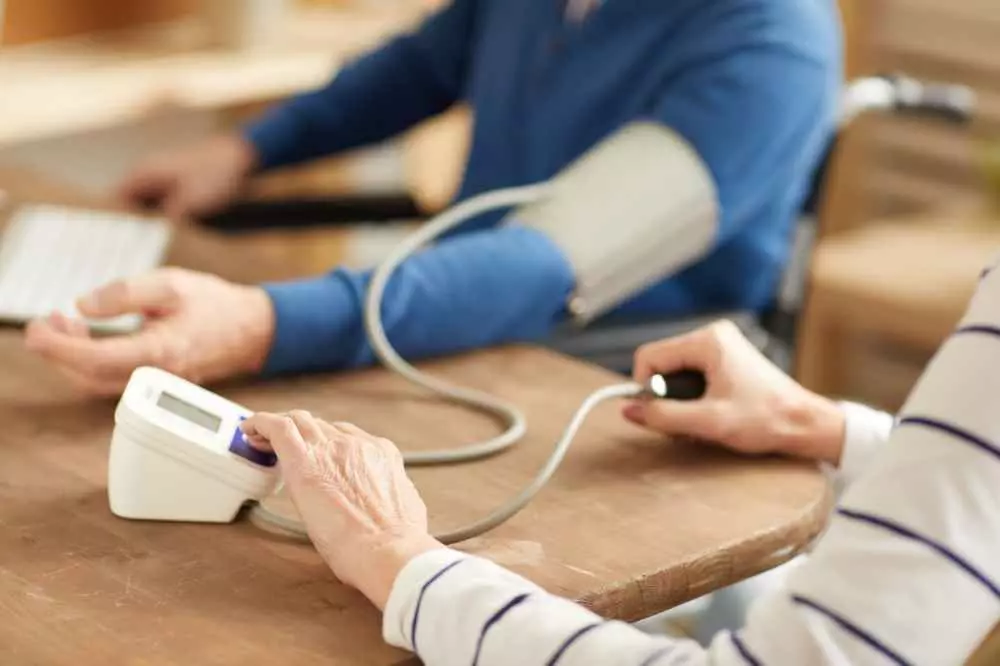Introduction to self-monitoring of health
In an era of technology, self-monitoring of health is becoming increasingly popular. The increase in the use of smart health devices, such as smartwatches, activity monitors and mobile apps, is changing the way people view and manage their health. Patients are gaining the ability to better understand their bodies and make informed health decisions. In this article, we take a look at the various tools available on the market and the advantages of using them.
Smart health devices: what to choose?
There are many smart devices available on the market to help monitor health. These include:

Advantages of self-monitoring health
Conducting self-monitoring of health has many benefits. First and foremost, it enables a better understanding of a person's health status, which can lead to:
Early detection of health problems - regular measurements can reveal abnormalities that require medical intervention.Better communication with doctors - access to current data makes it easier for doctors to make accurate diagnoses and change treatment plans if necessary.Motivation for a healthy lifestyle - being able to track progress in diet, exercise and other aspects of health can motivate people to maintain healthy habits.How to use smart devices in daily life?
To use smart health devices effectively, it's a good idea to implement a few simple habits:
Regularity - adhering to a specific monitoring schedule, which will provide reliable data.Analysis of results - regular analysis of results can be supported with apps that automatically generate reports and trends.Adjusting habits - based on the data collected by the devices, you can make specific lifestyle changes, such as changing your diet or increasing physical activity.Barriers to implementing smart health devices
Despite the numerous advantages, there are also some barriers associated with self-monitoring of health. Among them are:
Lack of knowledge of how to use the devices - some patients may have difficulty using modern technologies, limiting their usability.Data accessibility issues - some devices may have interoperability limitations, making integration with other systems difficult.Risk of over-analyzing data - patients may become overly focused on data, leading to anxiety and overly frequent visits to the doctor.The future of autonomous health monitoring
In the future, we can expect to see further developments in technology related to health monitoring. In the coming years, we may see:
The development of artificial intelligence - intelligent algorithms will be able to better analyze data, providing valuable health tips.Integration with telemedicine - modern technologies will enable easier communication with doctors and access to specialists remotely.Greater personalization - future devices will be able to more accurately tailor recommendations to individual patient needs.Bottom line: smart devices and patient health
Self-monitoring of health is a step toward greater patient responsibility for their own health. Thanks to smart devices, it is not only possible to better manage one's health, but also to collaborate with doctors, which contributes to more effective treatment. It is worth investing in the right technology and using it in your daily practice to gain a more complete understanding of your health and better manage it. Modern technology can revolutionize the way we view our health, contributing to a longer and healthier life.